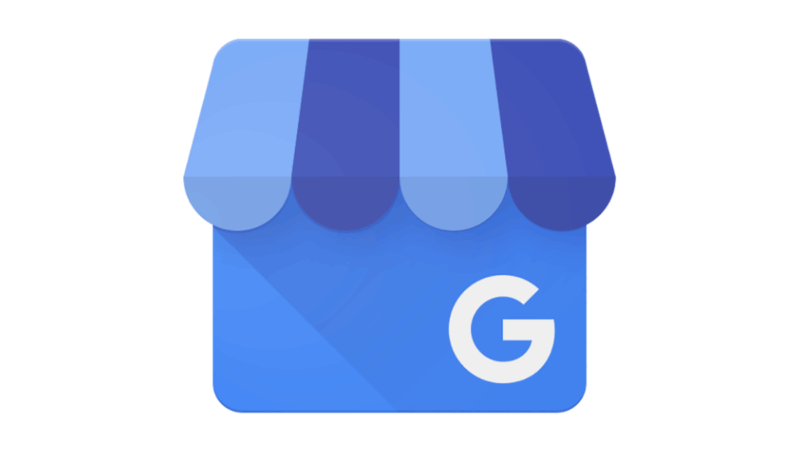Tired Of Bad Hosting Services, We Decided To Start Our Own [Now A $3.6M/Year Business]
Hello! Who are you and what business did you start?
My name is Georgi Petrov and I am co-founder of WPX. We are a WordPress hosting company, both technologically and financially independent and our main goal is to provide the fastest possible service by having both the fastest server platform and the fastest tech support. We believe this is what our clients need - solopreneurs, online marketers, change seekers, people with some great idea or a cause, who need a fast performing and reliable online presence, but who also are not techies. And indeed they don’t need to be. We do the tech stuff, so they can focus on their ideas.
We started with just 2 people (me and my business partner Terry Kyle) and we are now a team of 100+, we have 11K+ customers all around the globe and a $3M yearly income.























